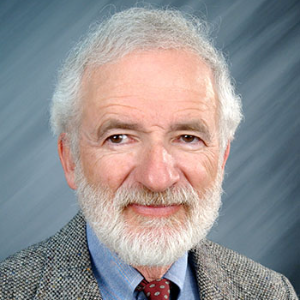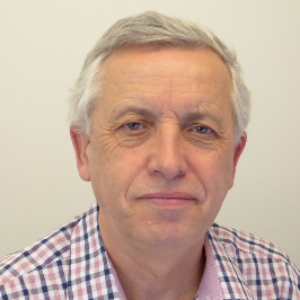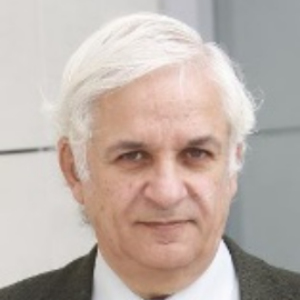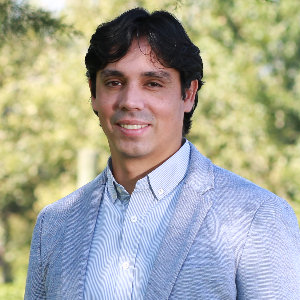Homogeneous Catalysis and Molecular Catalysis
Catalysts are chemicals that lower the activation energy and speed up the reaction rate when applied to chemical reactions. The amount of catalyst in a reaction does not vary since it is not consumed throughout the reaction. Homogeneous catalysts exist in the same phase (gas or liquid) as the reactants, but heterogeneous catalysts do not. Homogeneous catalysis using soluble transition metal complexes has a number of advantages over heterogeneous catalysis, including milder reaction conditions, higher activity and selectivity, and better control over operating parameters.
Molecular catalysis is not a well-defined field, but it always refers to the application of molecular chemistry to chemical action, particularly molecular recognition and guest binding. Molecular catalysis refers to catalysis in which all reaction components are dissolved in the same liquid phase. Molecular catalysis is used extensively in a variety of sectors where precise control of chemical reactivity is critical. The size, structure, and reactivity of molecular catalysts can all be customised. Many molecular catalysts are organometallic, meaning they contain a metal bound to organic molecules known as ligands that can be changed out or chemically modified to improve reaction speeds.

Arthur J Nozik
University of Colorado, United States
Stanislaw Dzwigaj
Sorbonne-Universite-CNRS, France
Haibo Ge
Texas Tech University, United States
Ashanendu Mandal
University Of Calcutta, India
Victor Cerda
Sciware Systems, Spain
Tokeer Ahmad
Jamia Millia Islamia, India


Title : Application of metal Single-Site zeolite catalysts in catalysis
Stanislaw Dzwigaj, Sorbonne-Universite-CNRS, France
Title : Designing of nano-sized heterostructures for hydrogen production using overall water splitting
Tokeer Ahmad, Jamia Millia Islamia, India
Title : United Nations’ strategy responding to climate change
Dai Yeun Jeong, Asia Climate Change Education Center, Korea, Republic of
Title : Thermal and mechanical processes and reactions in reversible behavior of shape
Osman Adiguzel, Firat University, Turkey
Title : An innovative magnetic resonance spectroscopic method for catalysts’ activities
Mohamed A Morsy, King Fahd University of Petroleum & Minerals, Saudi Arabia
Title : Engineering stable, expressible, functional industrial enzymes with protein sequence likelihood models
Shawn Reeves, University Of Waterloo, Canada